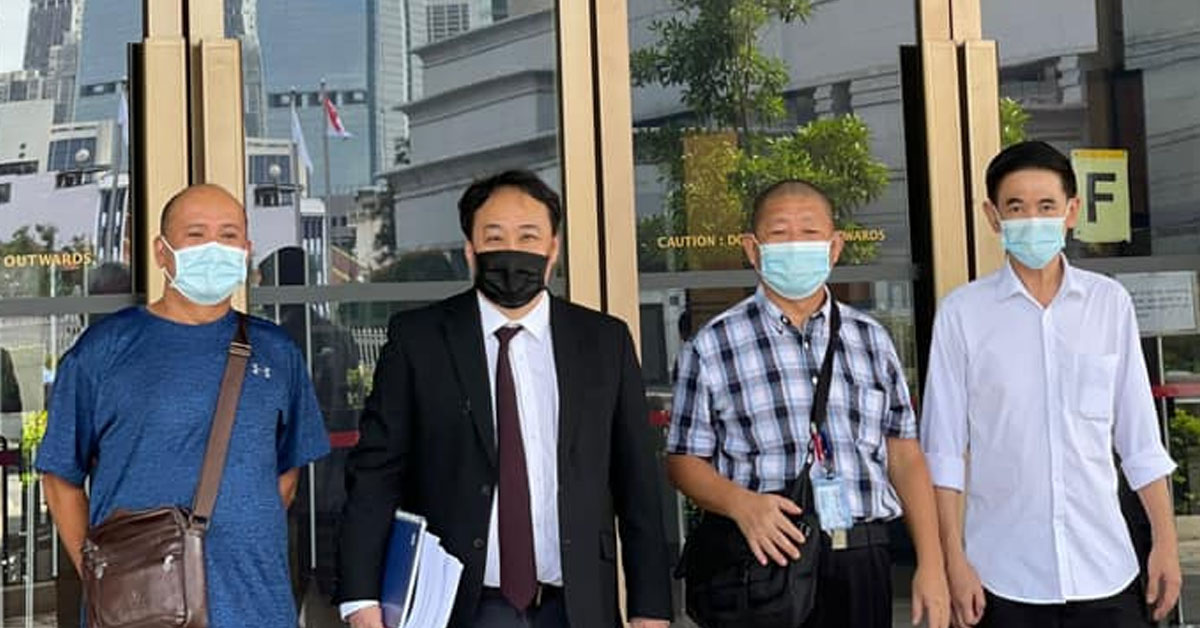On Tuesday (22 Mar), a former SBS Transit (SBST) bus driver filed an employment lawsuit, alleging that he was made to work for more than 72 hours of overtime a month on multiple instances.
Under the Part IV of the Employment Act, Section 38, an employee must not be permitted to work overtime for more than 72 hours a month.
Details of the Lawsuit
In this employment lawsuit, Mr Chuang Qwong Meng contends that the company had breached the Employment Act and his payment contract on a few grounds:
Firstly, he was made to work over the legal limit of 72 overtime work hours on multiple occasions.
Secondly, he claimed that there were several instances where he worked for more than seven consecutive days without having a day off.
Thirdly, the 62-year-old ex-bus driver also alleged that he was underpaid for his overtime work hours, and that rest and meal times should be factored as a part of his working hours.
During the court hearings, Mr Chua also told the court that he was asked to work on rest days “all the time”.
From Mr Chua’s perspective, he felt that he couldn’t “disagree with the request” because he felt like his bonus would be penalised and at stake if he did so.
Mr Chua had worked under SBST from April 2017 to February 2020.
Join our Telegram channel for more entertaining and informative articles at https://t.me/goodyfeedsg or download the Goody Feed app here: https://goodyfeed.com/app/
SBST’s Defence
In response, SBST stated that it will present that Mr Chua didn’t work for more than 72 overtime hours in any one month.
The transport operator refuted this by saying there were “serious problems” with his calculations, and questioned the validity of the handwritten documents of unclear origins which didn’t correctly reflect his true working hours.
With regards to Mr Chua’s scheduled rest days, SBST contended that Mr Chua’s allegation was “baseless”.
SBST’s method of rostering had already been in place before Mr Chua’s employment in 2016. Bus drivers under SBST had rest days on rotation from Monday to Sunday in a seven-week cycle, with two consecutive rest days being seven days apart.
With this system, a bus driver who had their rest day on Monday in one week will have their rest day on Tuesday the next week, so on and so forth.
Therefore, SBST said that Mr Chua was rostered a rest day each calendar week without fail, which is in complete compliance with the law and established contract.
Mr Chua’s claims that he worked for seven or consecutive more days was a “red herring” because the main contention here was whether he had been given a rest day in the calendar week.
In the employment contract, SBST requires its drivers to work 48 hours a week, which already exceeds the 44 hours of work time limit that was instated by the government.
Four of those additional hours are considered “built-in work time,” and SBST stated that the 48 hours already takes into account that at least 4.5 hours are dedicated to rest and mealtime every week.
That being said, the employment contract isn’t a breach of the Employment Act because bus drivers are technically only working for 43.5 hours a week.
As for the requests to work on rest days, the legal representative of SBST Senior Counsel Davindar Singh said: “My instructions are that whenever SBST wants a bus captain to work on a rest day, it would not be required, but it will make a request.”
Yes, it’s written in the Employment Act that an employer cannot “compel” an employee to work a rest day, but it doesn’t change the fact that politely-phrased requests can be perceived as veiled threats in the eyes of the employees?
The trial is set to continue on Wednesday (23 Mar).
Read Also:
- Officers from SOC Broke into AMK HDB Flat After 5 Hours of Negotiation
- Authorities Looking Into People Who Use PMA When They Don’t Need Them
- S’porean in Newcastle Denied Murdering His Wife But Admitted to Manslaughter
- 10 Facts About the China Eastern Airlines Crash That Are Known So Far
Featured Image: Facebook (Lim Tean)



